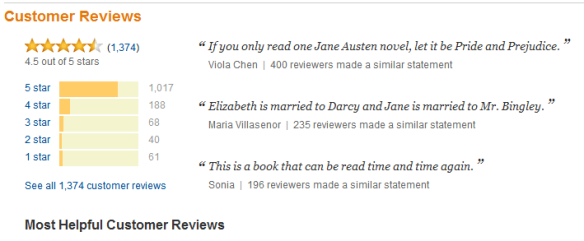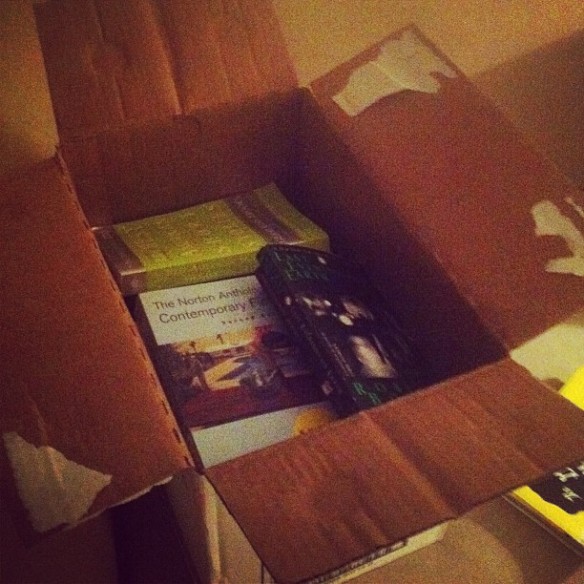For as long as I can remember I have been in love with music and words. And when I don’t have words of my own I usually can relate to music and find a voice through the lyrics of my favorite artists. Where I’m from, where I’ve been, and where I’m going are what makes me, Alexis Jackson. Through some of my favorite song lyrics I will explain and describe who I am.
“Couldn’t afford a car, so she named her daughter Alexis”
-Kanye West; All Falls Down
Whenever I ask my dad why he and my mom named me Alexis, he always fabricates a story saying when my mom was in labor he asked her what he could do to make her feel better. He goes on to say that my mom screamed “I want Alexis!” or “I want a Lexus!” My dad says he couldn’t tell if she said “a Lexus” or “Alexis”, so he told the nurses that my name would be Alexis. He also bought my mom a Lexus car the next day.
“Cause in Memphis Tennessee there’s only so much to obtain”
-Drake; The Calm
Memphis Tennessee is the place I call home. It may not be safest, cleanest or nicest city in America, but it is home and being from Memphis is something I am extremely proud of. My mom has lived in Memphis all of her life, but doesn’t want the same for me. Although Memphis is great, many people who stay in Memphis fall into the same routine and fail to reach their full potential. And those who leave Memphis fail to give back to the city they grew up in. No matter where I go in life, Memphis will always be home and a place that I will always cherish and give back to.
“GA, the peach state, where we stay. My small city’s called Albany, Georgia… Bunch of hustlers run on every corner like the Waffle house in Atlanta, R.I.P Camoflauge out in Savannah, Georgia”
-Field Mob; Georgia
Although I’m from Memphis, Georgia has a piece of my heart. My grandma and my dad were born in Albany, GA. My grandma, grandpa and all of my dad’s siblings and their children live in Savannah and Atlanta. Savannah is my second home and also my middle name. I love to spend summers with my cousins in Georgia, walking on the sandy beaches of Savannah, taking shopping trips to Atlanta, and visiting the small town where my grandma and my dad grew up.
“Let me tell you bout this super fly, dirty dirty, third coast, muddy water”
-Big Krit; Country Sh*t
I am from Memphis, but I have being living in Olive Branch, Mississippi for the last five years. Olive Branch is basically a suburb of Memphis. Although you can occasionally see the stereotypical Mississippian in Olive Branch, it’s really like any other suburb in America. Now, my mom grew up deep in Mississippi, the “dirty dirty” as some call it. No street signs, no shopping malls, no movie theaters, no Wi-Fi, or Starbucks, but the people here are as happy as ever. Seeing where my mother grew up makes me thankful for all that I have. And seeing how happy the people who live there are, without all of the luxuries that we have, helps me remember to appreciate the smaller things in life.
“Let’s go to sleep in Paris, Wake up in Tokyo.
Have a dream in New Orleans; Fall in love in Chicago”
-Lupe Fiasco; Paris, Tokyo
Well I’ve never fallen asleep in Paris and woke up in Tokyo, but I have fallen asleep in Memphis, and woke up in Tokyo. Traveling is one of my favorite things to do. I love learning about different cultures, and there is no way better to do that than seeing them first hand. My favorite place that I have been to is Beijing, China. I spent the summer before my senior year in high school in Beijing. This was one of the best experiences of my life. Everything was so different. This was the first time I was away from home for an extended amount of time, I didn’t speak the language of everyone around me, social networking websites such as Twitter and Facebook were extremely hard to get on, and I had to adjust to completely different food. This experience helped prepare me for all of the new things I would experience at college. It also helped me to become more open and aware of other ways of living and thinking.
“Ambitious girl, you see, I like the person that you are,
but I’m in love with the person that you have potential to be”
-Ambitious Girl; Wale
I think ambitious is a word that describes me very well. I am determining to succeed and be the best that I can possibly be. Although I have made plenty of mistakes in the past and continue to make them, I try to not let my mistakes hold me back. My parents and grandparents came from extremely humble beginnings yet succeeded in their lives despite the obstacles of class and race that stood in their way. Making my parents and family proud and setting an example for the generations to come drives me to be the best that I can be.









